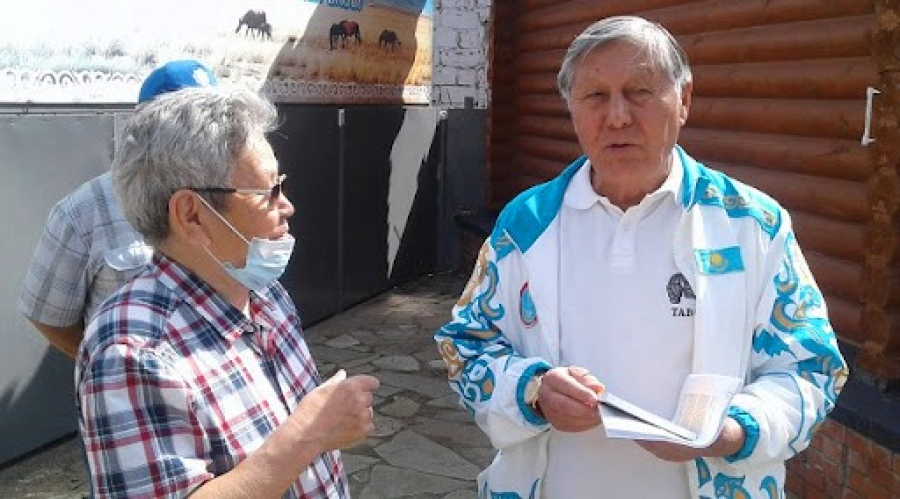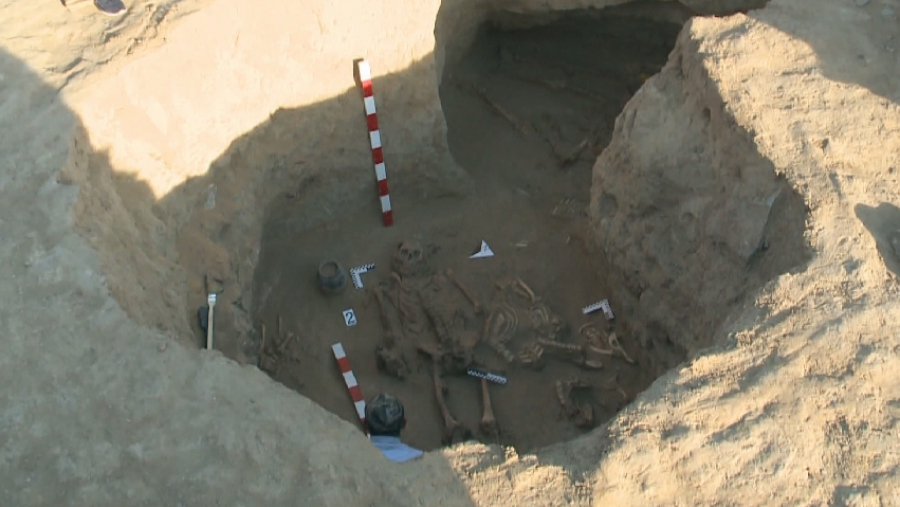
Historical information about the lives of 3,000 Kazakhs who migrated through the Himalayas to India was presented in the city of Astana. Valuable copies of 29 personal files, consisting of 3,700 pages, were discovered by Kazakh scientists during their expedition to India last year.
“The documents contain comprehensive information about the Kazakh settlers, including their names, the number of livestock they brought with them, their language, and their culture. It is known that the migrant people received substantial support in India, including medical and financial assistance,” said Zhandos Boldykov, Director of the National Center of Manuscripts and Rare Books.
The archives that were discovered show that in 1941, a total of 3,039 Kazakhs arrived in India accompanied by thousands of livestock, comprising 4,000 horses, 3,000 camels and 20,000 sheep. Additionally, the records reveal the number of people and livestock that died due to the challenges of the long journey. All of this data was stored in the National Archives of the country.
“About 1,500 people died due to various illnesses. In 1951, a second wave of Kazakh settlers arrived in India, and later, they all moved to Turkey. Last year, the Kazakh diaspora celebrated the 70th anniversary of their migration to Turkey, which was commemorated with a documentary. Having grown up hearing these stories, I decided to embark on a journey from Altai to Anadolu and wrote a novel titled ‘Qaraly Kosh’ based on this subject,” said Zhadi Shakenuly, a member of the Writers’ Union of Kazakhstan.
According to the scientists, their research into India’s archives will continue next year. It is noteworthy that similar scientific expeditions were carried out in 10 countries as part of the ‘Archive-2025’ project, leading to the discovery of around 7,000 valuable historical documents.









